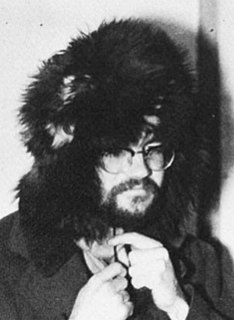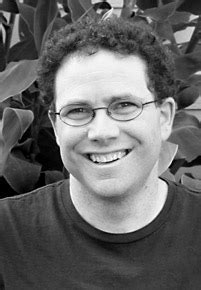A Quote by Miroslav Volf
Prejudice is a form of untruthfulness, and untruthfulness is an insidious form of injustice.
Quote Topics
Related Quotes
Through death you find yourself, because you no longer identify with form. You realize you are not the form with which you had identified neither the physical nor the psychological form of "me". That form goes. It dissolves and who you are beyond form emerges through the opening where that form was. One could almost say that every form of life obscures God.
Imagination can't create anything new, can it? It only recycles bits and pieces from the world and reassembles them into visions... So when we thing we've escaped the unbearable ordinariness and, well, untruthfulness of our lives, it's really only the same old ordinariness and falseness rearranged into the appearance of novelty and truth. Nothing unknown is knowable.
When you work in form, be it a sonnet or villanelle or whatever, the form is there and you have to fill it. And you have to find how to make that form say what you want to say. But what you find, always--I think any poet who's worked in form will agree with me--is that the form leads you to what you want to say.
I have now come to a stage of realization in which I see that God is walking in every human form and manifesting Himself alike through the sage and the sinner, the virtuous and the vicious. Therefore when I meet different people I say to myself, “God in the form of the saint, God in the form of the sinner, God in the form of the righteous, God in the form of the unrighteous.





































